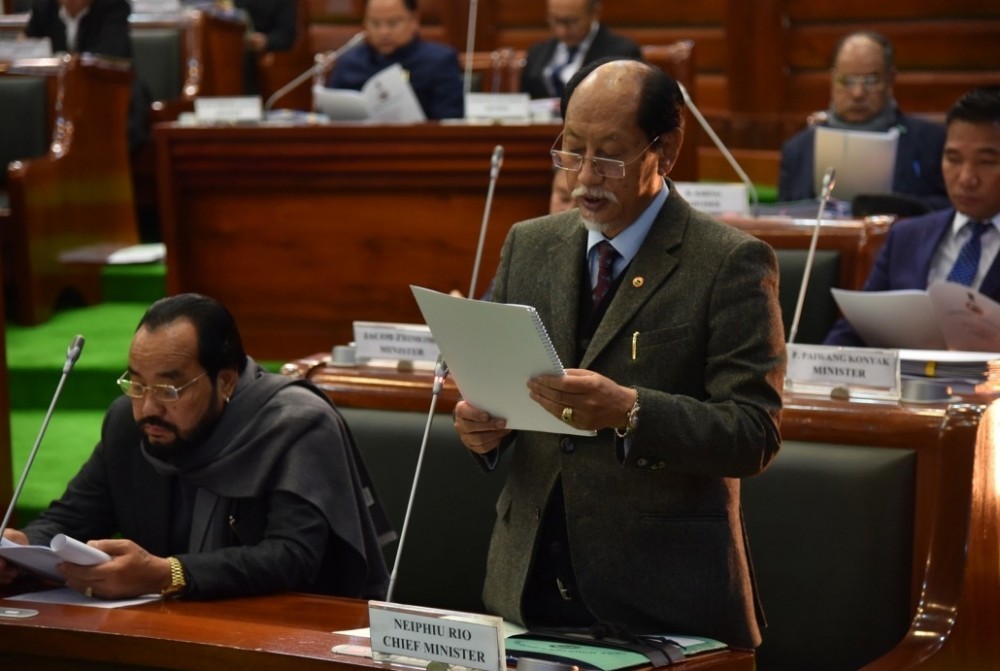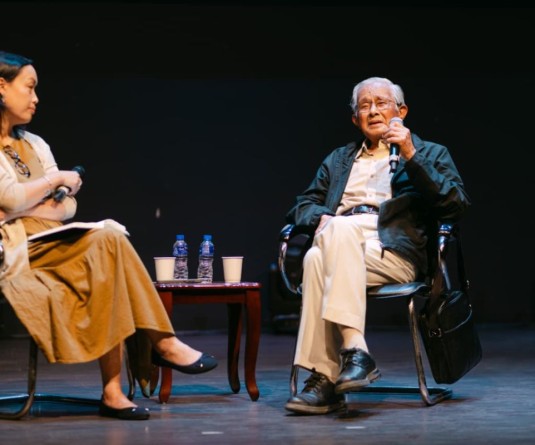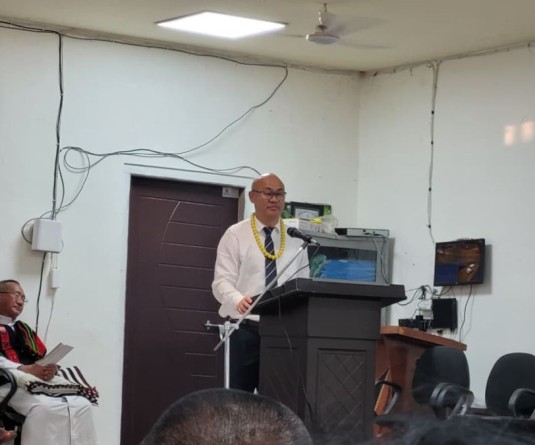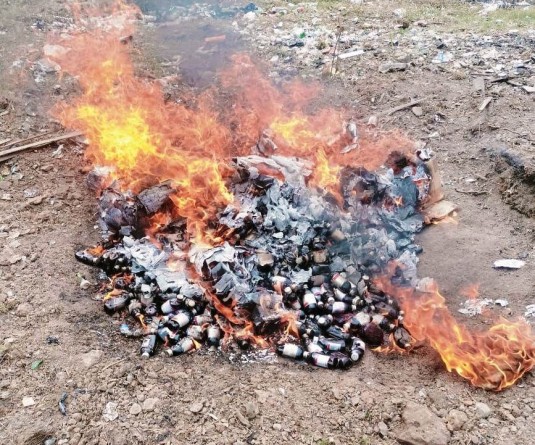Chief Minister Dr Neiphiu Rio informs that agaland has 7,952 registered societies, of which 2,064 have renewed their registration, while 244 new societies were registered as of 2023. (File Photo)

Morung Express News
Kohima | March 6
Expressing concern over the growing number of registered societies in Nagaland, Chief Minister Dr Neiphiu Rio stressed the need for stricter regulations and accountability.
He revealed that Nagaland has 7,952 registered societies, of which 2,064 have renewed their registration, while 244 new societies were registered as of 2023. Dimapur recorded the highest number of societies (700+), followed by Kohima (471), Phek (153), Mokokchung (128), and Tuensang (109).
Giving his concluding remarks during a “discussion on matters of urgent public importance” at the Nagaland Legislative Assembly on March 6, Dr Rio acknowledged the concerns raised by legislators regarding the unregulated functioning of numerous organisations across the state.
Dr Rio informed the House that the registration and functioning of societies fall under the Society Registration Act 1860, an Act of the Government of India (GoI), with the State Home Department designated as the Registrar of Societies under the Registration Act 2017.
Under Section 20 of the Act, societies can be registered for charitable purposes, promotion of science, literature, or the fine arts, diffusion of useful knowledge or political education, establishment of libraries or reading rooms, and public museums, galleries, and collections of natural history or mechanical inventions.
He also noted that Nagaland is also governed by three state-specific amendments — the first in 1969, the second in 1984, and the third in 1984.
As per these amendments, registration requires fulfilling ten criteria, including form submission, a fee payment of Rs 2,000, a verification report by the EAC, SDO (Civil), and a recommendation from the District Planning and Development Board.
Dr Rio also highlighted the registration is valid for two years and must be renewed within three months of expiry and under Section 23 of the 1984 Amendment, registration can be cancelled on three grounds.
Despite these provisions, he acknowledged that many cases violate the laid-down government rules, with both those seeking registration and the verifying officers failing in their duties.
“It is only adding the size and therefore, today we have so many organisations doing what they want to do,” Dr Rio remarked.
He clarified that the discussion was not about passing resolutions or dictating terms but about sensitising those violating the constitutional by-laws and objectives.
To address the issue, he advised the Home Department to categorise societies into different groups — ‘A,’ ‘B,’ and ‘C’ — based on their objectives and functioning.
He also suggested that the matter be further deliberated in the Cabinet or decided upon if there is a 'clear working paper,' cautioning that open discussions might provoke reactions.
“For decisions to be taken, we need substantive reasons,” he stated.






